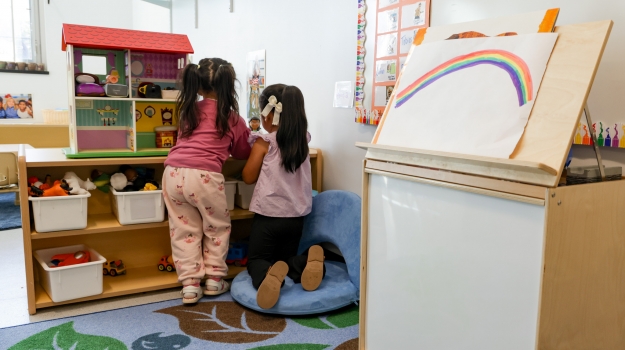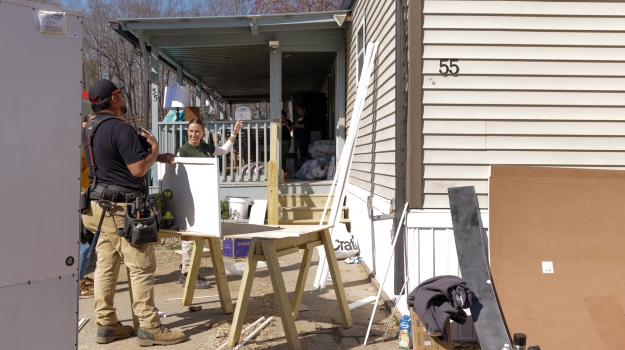The Asheville City School system is designing a new strategic plan. I had the recent honor of being interviewed as a stakeholder in the schools. The questions were well thought out and it gave me a chance to reflect on my children’s experiences in their very different journeys from kindergarten through graduation, and my own experience as a parent, nonprofit administrator and a four-year term member of the school board. I plan to write several blogs about the questions and my thoughts about them not just for Asheville City Schools, but all public education systems.
Food For Thought
Two questions from the survey and an April 23, 2012 article in the Asheville Citizen Times prompt some thoughts on discipline and its relationship to families and the community.
What are ways school systems can build stronger relationships with families?
What are ways school systems can build stronger relationships with the community at large?
When I Was in School
My father taught school administration at a university, after serving as a teacher and principal. I remember him calling my 6th grade teacher after I was paddled one day for missing a math problem. He was pretty upset about it and I recall how supported I felt. But then I went to school the next day and was surprised to bear the brunt of my teacher’s anger. He called me out in front of the other students, berating me for “running home crying to my daddy and having him call the teacher at home”. The other students joined him in his scorn. I did not tell my father and I didn’t ask him to intervene on my behalf again.
My Daughter's Experience
Fast forward about 15 years, and I had another look at discipline in schools, this one as a parent. One Saturday afternoon, I walked into my 5-year old daughter’s bedroom to see her playing school with her dolls. They were all lined up in a row and she was hitting one of her Cabbage Patch dolls with a stick.
I asked her why she was hitting him and she said “Lucious was being bad”. I then asked who she had ever seen hit someone who was being bad and she replied with her kindergarten teacher’s name. As we continued to talk she said she hadn’t been hit, but she did wonder if the black boys in the class were all bad or if maybe the teacher just didn’t like black boys because they were the ones who got hit.
My husband and I were at the school first thing that Monday where the teacher showed us with some pride the wooden paddle drilled with holes. I pointed out to her that I was running a domestic violence shelter at the time and it was full of mothers and children who had been hit and our message to them was that no one should be hit. Her argument was paddling was the only way to get through to some children.
Public Policies
How can we reconcile policies in schools that conflict with other rules in our society? I am very pleased that Asheville City Schools were one of the first districts in the state to ban corporal punishment – but statewide it is still fairly prevalent. Nineteen states still allow it and there are very disturbing stories of significant injuries resulting from paddling. My two stories aren’t about someone getting hurt – but they are about the messages that such punishment sends to families, the community, and particularly to children – ranging from ridicule to imitation to racism.


